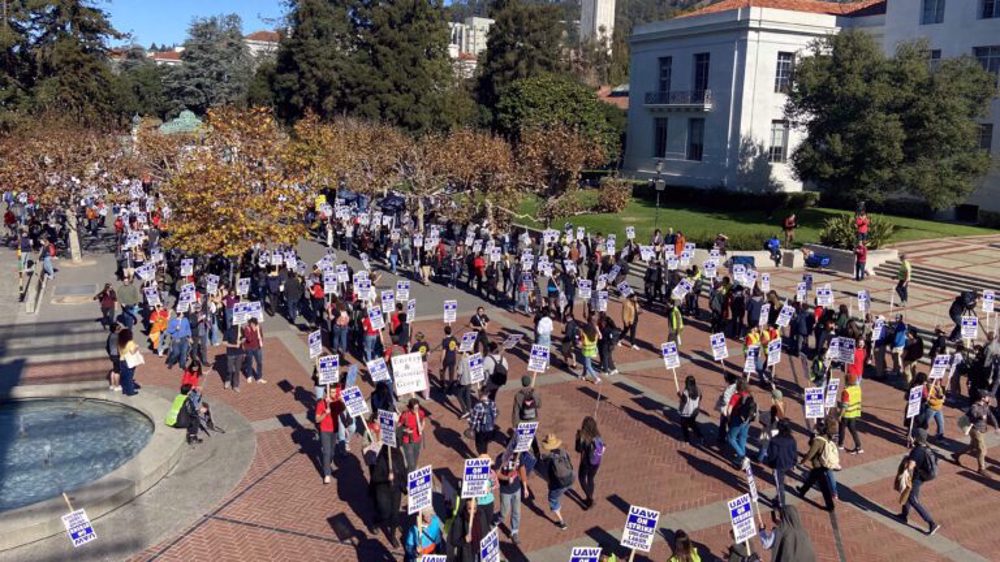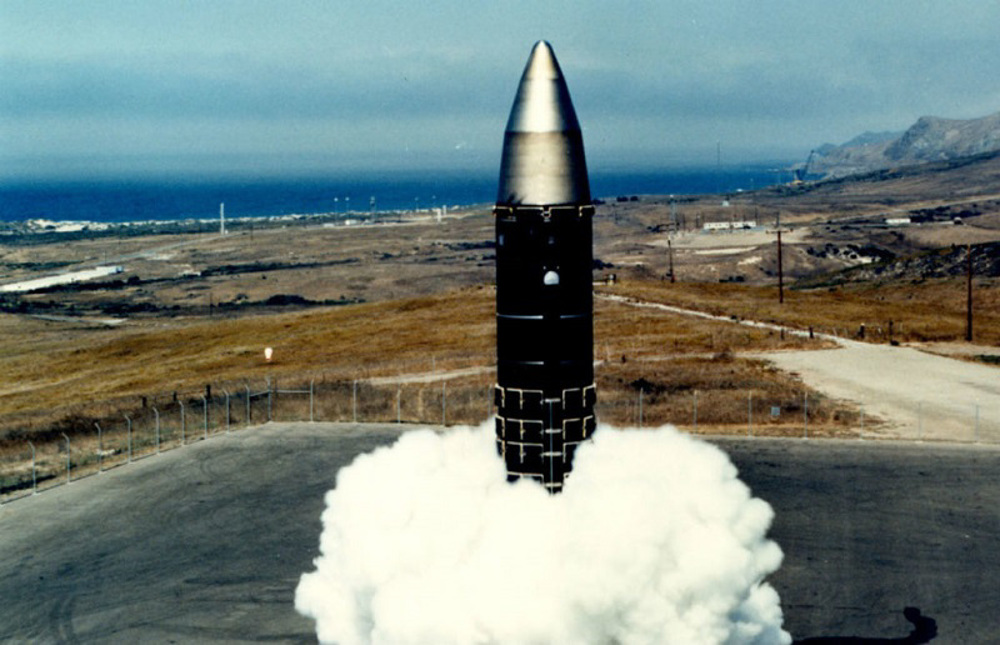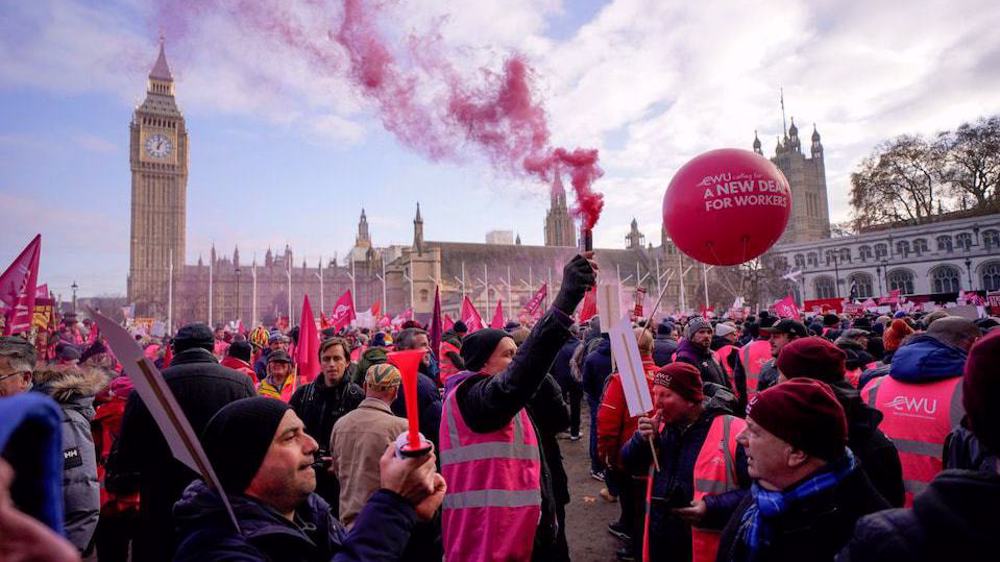University of California academic workers continue strike amid threat of arrests
Tens of thousands of academic staff of the University of California are now on their fourth week of striking, demanding higher wages and better benefits amid the threat of arrests.
The strike of 48,000 academic workers at 10 campuses, including graduate workers, academic researchers, postdoctoral scholars and teaching assistants, began on 14 November and is the largest in the history of higher education in the US.
This week workers have taken part in numerous direct actions across the state and 17 striking workers were arrested on trespassing charges during a protest outside the University of California's administrative office in Sacramento and another 10 in Los Angeles, the union said in a statement.
The academic workers are pushing for pay increases, job security protections, childcare reimbursements, sustainable transit incentives and stronger disability accommodations.
On 29 November, about 12,000 postdoctoral researchers and academic researchers reached a tentative agreement with the University of California which included a 29 percent pay increase, but the strikes continued as a sign of solidarity with other academic groups who are demanding an agreement.
“They are trying to cut off negotiations,” said Michael Dean, a PhD candidate in the history department at UCLA, adding, “We’re preparing to come back with counter proposals of our own. In terms of the strike and the pickets, we’re out here every day and we’re not planning to go away until they offer us fair contract.”
The strike comes as rising inflation and a severe housing shortage makes it difficult for moderate- to low-income earners to pay for even basic necessities. The strikers cannot afford to live where they serve in high-priced cities such as Los Angeles and the Bay Area.
“Often times, I have less than nothing left, and I’m accruing debt just to be here, I can’t in good conscience tell someone to come here for their Ph.D. The cost of living is untenable,” said Anoop Praturu, a third-year doctoral student in biophysics participating in the protest.
Graduate workers at UC have reported issues in affording rent, food and basic necessities in the cities they work and live in on salaries averaging about $23,000 annually. A membership survey by the unions found 92% of graduate workers and 61% of postdoctoral scholars are spending more than one-third of their income on monthly rent.
The unions are calling for a minimum annual salary of $54,000 for all grad workers and $70,000 salary for postdoctoral scholars. Workers say the university is not supporting its diverse workforce, which they say undermines the quality of research and education and argue the inequitable working conditions are pushing scholars out of academia.
The university said it has proposed salaries for part-time workers to range from $47,000 to $75,000 by Oct. 2024. Those amounts include the university covering tuition and fees and the actual take-home compensation for academic workers would range from $29,000 to $49,000.
“The proposals offered by the university to the UAW would place our graduate students and academic employees at the top of the pay scale across major public universities and on par with top private universities,” the university said in a statement.
The 10-campus University of California system has nearly 300,000 students and since the strike began lectures have been canceled, workloads reduced and research operations have slowed. The content of some final exams has also been adjusted to exclude material that could not be covered because of the strike, officials said.
Some campuses, including UCLA, also have pushed back deadlines for submitting grades because faculty members rely so heavily on teaching assistants to assess student performance.
A number of labor organizations, including the California Teachers Association, have supported the strike on social media.
Union organizers said they have not set an end date for the strike.
Iran: US airstrikes on Yemen war crimes, violation of international law
Yemeni armed forces down F-18 fighter jet, repel US-UK attack: Spokesman
Iran warns against US-Israeli plot to weaken Muslims, dominate region
VIDEO | Public uproar in US against Israeli regime
‘Ghost town’: 70% of Jabalia buildings destroyed by Israel
Mother’s Day: Sareh Javanmardi’s inspiring journey as Paralympic champion and mother
Russia downs over 40 Ukrainian drones as Putin vows 'destruction' on Kiev
VIDEO | Yemen: A bone in Israeli neck













 This makes it easy to access the Press TV website
This makes it easy to access the Press TV website